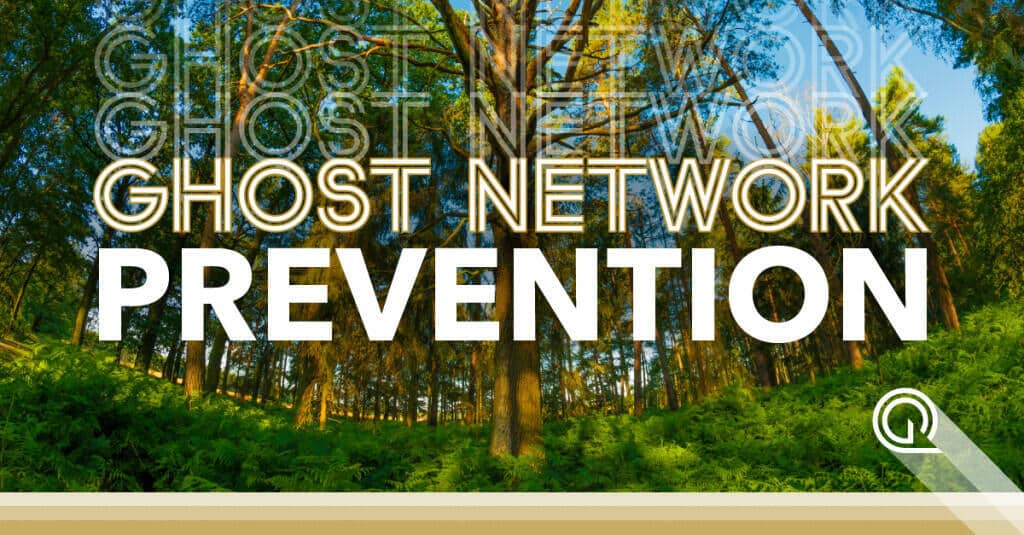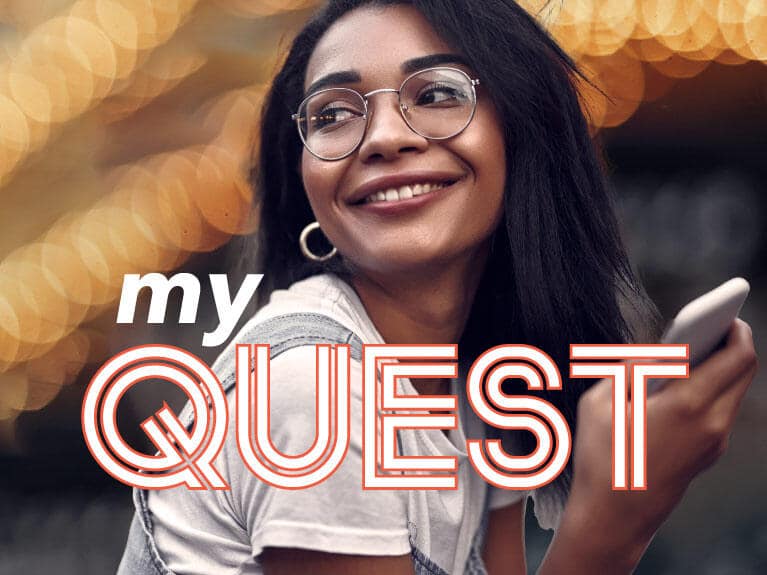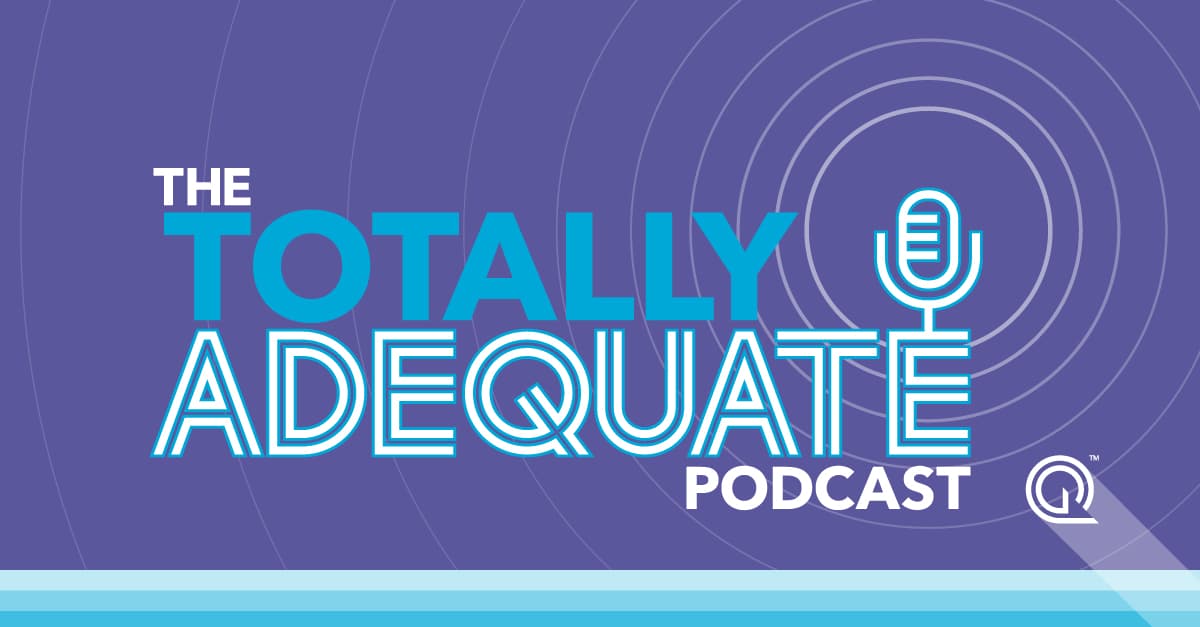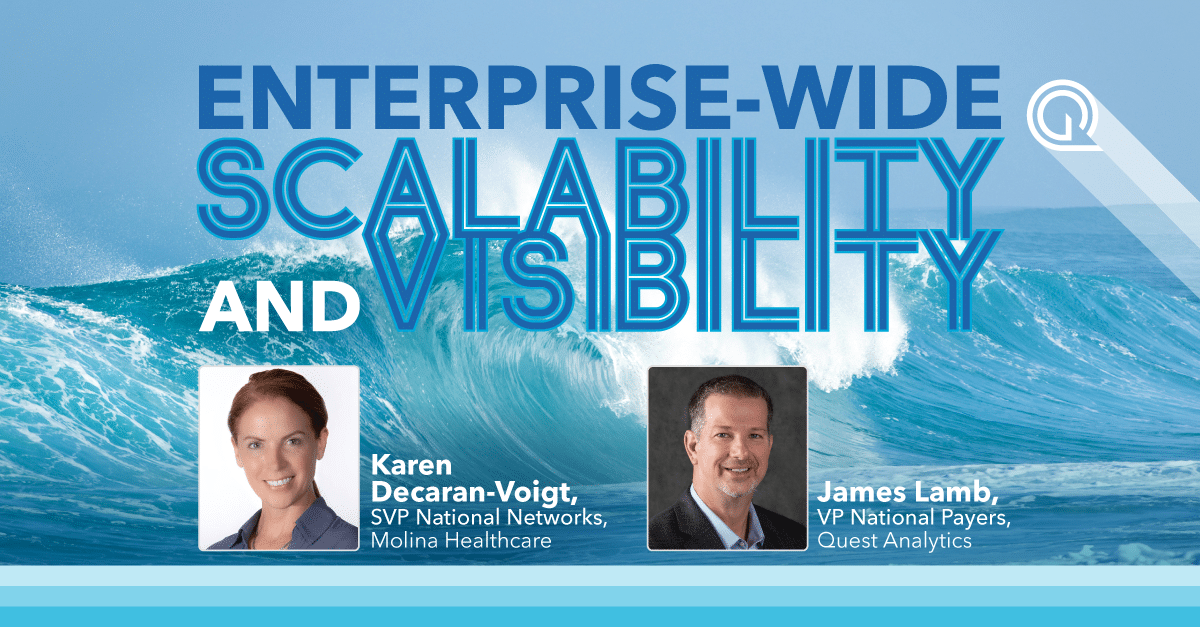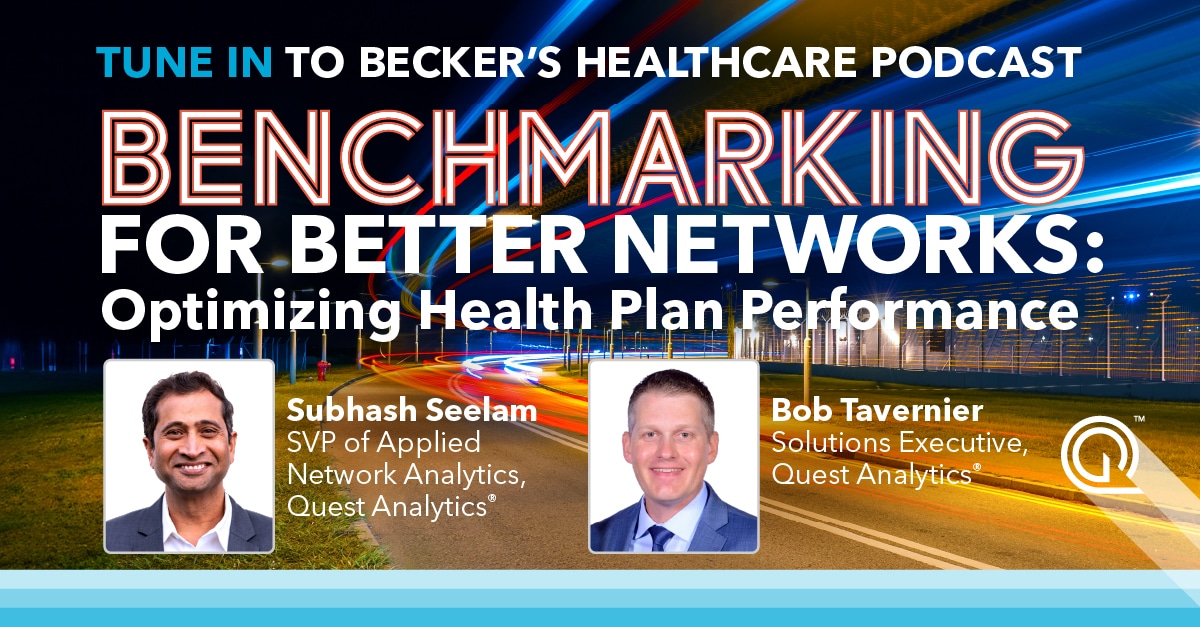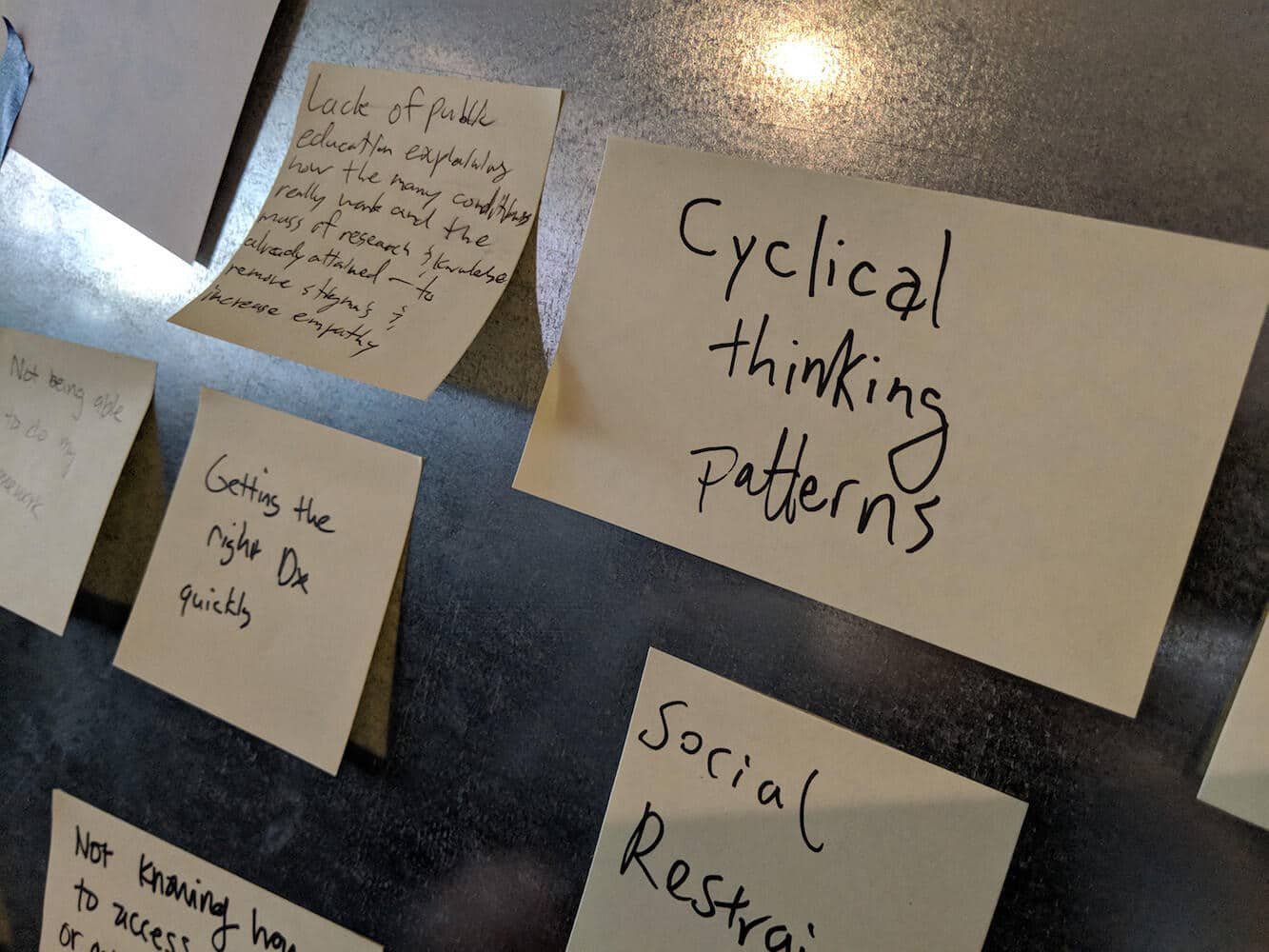“Not your typical hackathon,” advertised HackMentalHealth’s brochure.
This was definitely the overarching feeling after a full weekend focused on improving mental health through technology. The first of its kind event brought together 300 talented and inspiring people devoted to finding solutions to depression, anxiety or finding balance.
HackMentalHealth was organized on February 3-4, 2018 at the California Institute of Integral Studies, by a group of passionate people who wanted to start a mental health movement in the Bay Area. People formed 30+ teams that each developed ideas and applications to improve mental health. The solutions ranged from consumer-facing emotion tracking tools to apps that helped manage hospital beds better or improved the eligibility process performed by a doctor. BetterDoctor was grateful to be a sponsor for the event and let the participants use its provider data API to easily pull information about physicians, psychologists, psychiatrists and other mental health professionals from our provider database.
The event started on Saturday, which became the main building day. Teams were finalized, pitches were given for initial ideas and people began to ideate, code, design and iterate. The participants even got to enjoy free yoga classes and mental health exercises to stay focused on the topic and improve their own mental well-being during the hackathon.
Participants began the final day on Sundaywith a Zumba class and a delicious brunch. Before choosing the 5 finalists, all 30 teams presented what they had come up with in a Science Fair type demo show. Below is a showcase of some of the most interesting teams and their solutions.
Teho
Teho, created by Yuqiao, Swetha, Shriya and Carol is a scheduling and break planner tool, that empowers its users to take a pause several times a day, and conveniently adds these resting times to your Google Calendar. The user can choose both the length and the frequency of these pauses, helping the user to focus and take care of their mental well-being. The name “Teho”, indicating both power in Finnish and an abbreviation for To Each His/Her Own in English, brings together both the empowering and individual aspects to the app.
Aham
Kaushiki, Michelle and Varshire created Aham, a mental health journey tracker to better visualize and manage data about your emotions. Aham helps its user to remember and reflect on the changes of their emotions over a long period of time. The user friendly interface uses emojis to help user to answer simple questions on how they feel and why. In the future the team wanted to enable users connect with real therapists using the BetterDoctor API.
Eventually five teams were chosen to the finals:
Eyeris, Huddle, Konekto (app to anonymously share your story to your friends), Resonate (support group that fights stigma by showing you similar stories from other people) and Itsy (CBT chatbot). Each team pitched their idea and demoed the apps for the judges and the rest of the teams.
The winning team for HackMentalHealth was Huddle, an online group therapy app facilitated by mental health professionals with a real-time community. Sida, Andee, Aaron, Lauren, Rose and Alice created their solution based on a simple, yet convincing intention: “Sometimes the most comforting words in the universe are “me too”. The app permits users to join a coach-led real-time group therapy called “Huddle” every week, respond to group level check-ins (in which the responses would be shared within the group) and personal check-ins directly with the therapist. The team wanted to make scientifically effective group therapy more accessible to the users. The audience also got to choose a favorite team out of the finalists.
Akansh, Joe, Claire, Joyce and Damian created Eyeris as a tool for screening for depression and make it a part of any common health check. The team used an EEG headset and speech data from audio detection, to collect data from the user, and then leveraged open-source machine learning algorithms to analyze the data for predicting depression. Team Eyeris also won the second prize for the entire hackathon!
Great work to all of the teams and organizers! If you want to check out the rest of the teams, visit HackMentalHealth devpost page.
Need provider data?
If you want to build something amazing that needs to connect to therapists, doctors or simply practices/hospitals, test our API for free or get in touch for a quick demo!
Not in need of data, but a job? We’re hiring for many positions junior and senior level. Check out our open positions.


